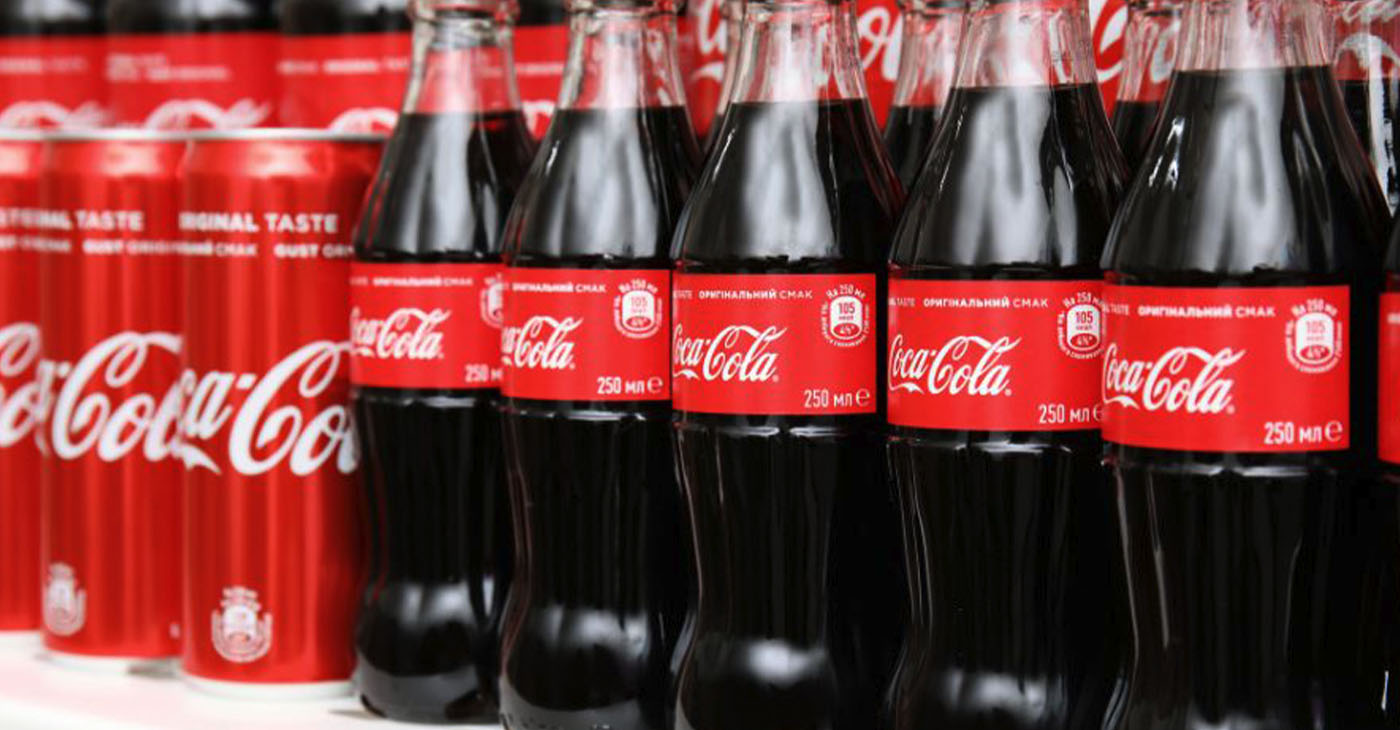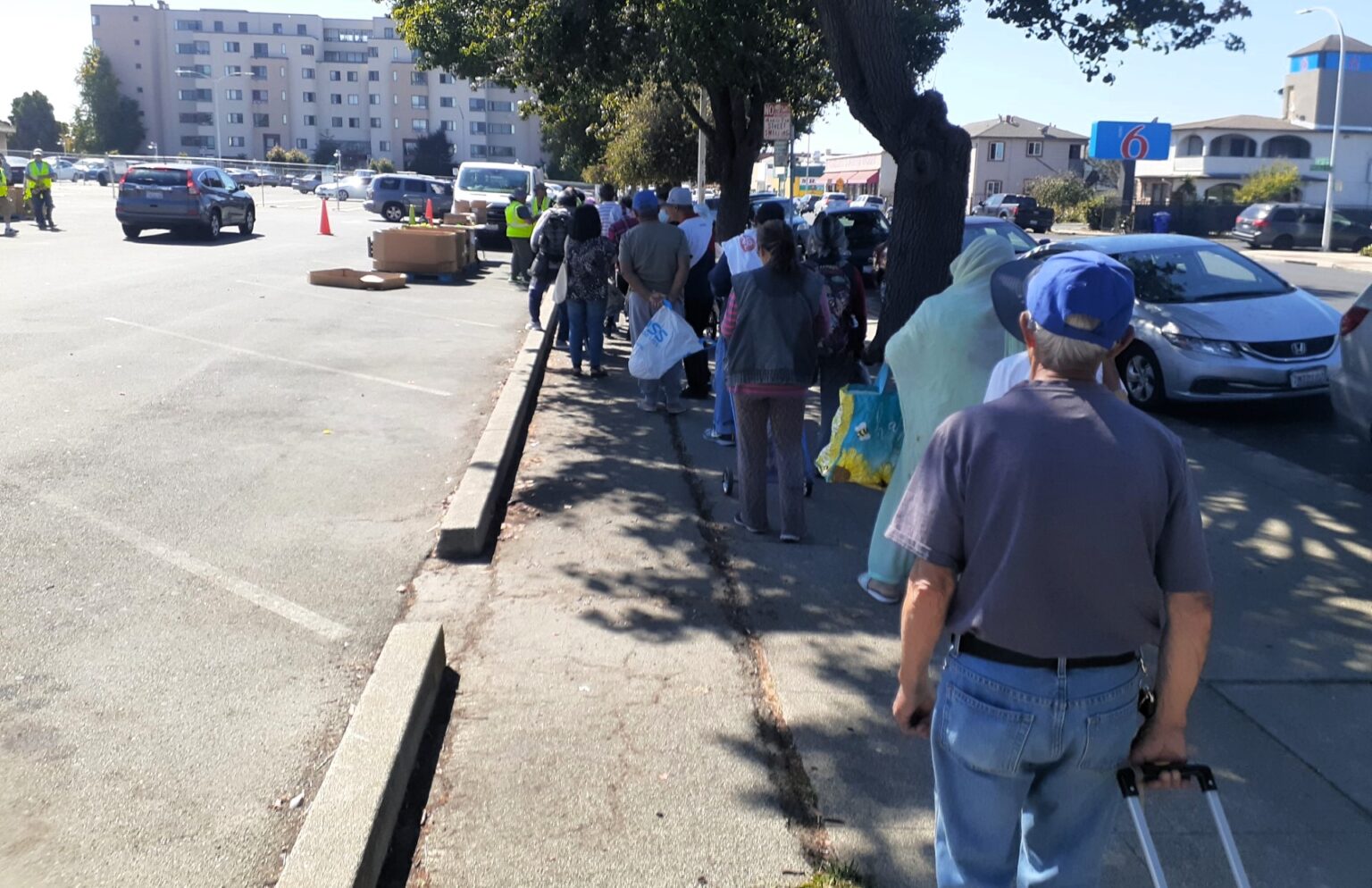Food
RBW PH Group holds 3rd Her Life, Our Legacy Jazz Brunch
NASHVILLE PRIDE — Roberta Baines Wheeler (RBW) Pulmonary Hypertension (PH) Awareness Group hosted its 3rd Annual “RBW Her Life Our Legacy Jazz Brunch” honoring mothers who are gone but not forgotten. With standing room only and a view overlooking downtown Nashville, over 150 people were in attendance on Saturday, May 18, 2019 at the event held at Waller Firm. The program honored mothers who have transitioned, increased awareness of pulmonary hypertension, and recognized KYB Leadership Academy.
By Cass Teague
Roberta Baines Wheeler (RBW) Pulmonary Hypertension (PH) Awareness Group hosted its 3rd Annual “RBW Her Life Our Legacy Jazz Brunch” honoring mothers who are gone but not forgotten. With standing room only and a view overlooking downtown Nashville, over 150 people were in attendance on Saturday, May 18, 2019 at the event held at Waller Firm. The program honored mothers who have transitioned, increased awareness of pulmonary hypertension, and recognized KYB Leadership Academy.
The program began with the Have You Heard Dance Troop (dancers Keivonte Newbell and Valencia Thompson) and Welcome by Sydney Y. K. Brown (granddaughter of the late Roberta Baines-Wheeler). Greetings followed by Metro Councilwoman at Large Erica Gilmore, whose daughter is alum of KYB Leadership Academy, the leadership development program sponsored by RBW PH Awareness Group. The event host, introduced by Scott Wallace, was Harriet Vaughn Wallace (Fox 17 news), and the Mistress of Ceremonies for the white rose ceremony was Toni Fitzgerald.
Attendees enjoyed delicious food prepared by Chef Irving Brown II of The GoodLife Personal Chef Service, including scrambled eggs with sautéed spinach & three cheeses, smoked diced new potatoes, seasoned sweet potato wedges, maple turkey sausage, bow tie pasta salad, and Romaine Arugula salad with assorted cherry tomatoes & feta cheese.
The first keynote speaker, Lueatrice Green Lovett, introduced by brunch committee chair Lillian Whitehead, gave profound words of inspiration and encouragement. Mrs. Stefanie Rome, First Lady of Fisk University, introduced the second keynote speaker, Dr. Reginald L. Robinson, a cardiologist who educated the audience on pulmonary hypertension and the importance of a healthy life.
RBW PH Awareness Group Executive Director Dr. Katherine Y. Brown thanked community partners and shared accomplishments of RBW PH Awareness Group. Irving D. Brown III (grandson of the late Ms. Wheeler) presented Mrs. Rome with the 2019 KYB Leadership Academy Outstanding Parent of the Year Award.
Dr. Brown recognized participants beginning the 10th Cohort of KYB Leadership Academy; graduating seniors, including Irving D. Brown III (who will attend Fisk University); Ms. Katelyn Starks; participants from the first school-based programs of KYB Leadership Academy at Head Middle Magnet School in Nashville TN and at J.F. Shields School in Beatrice, Alabama. Over 20 KYB Leadership Academy alumni (wearing the official KYB Blazer) served as hostesses. Dr. Tonja Williams was recognized for her commitment to KYB Leadership Academy.
The RBW Her Life, Our Legacy Jazz Brunch is held Saturday after Mother’s Day celebrating the lives of mothers who have passed and developing a healthy community of shared experiences. Brown explained,
“We not only celebrate their lives, we honor their legacy by doing great things in our community,” said Dr. Brown. “With awareness, empowerment, and hope working together we can make a difference.”
Community leaders, elected officials, dignitaries, and families filled the room, with floral arrangements by event florist George Ridley and music by Geary Moore, with a concluding video presentation by Dr. Brown. For more, email RBWPHGroup@gmail.com; phone 629-999-1909, or visit www.fightph.com.
This article originally appeared in the Nashville Pride.
Bay Area
Gettin’ & Stayin’ on the Good Foot in 2024 With Kra Food Flow
In a world where nutrition advice is constantly conflicting and overwhelming, we are often left confused. Trendy diet fads, outdated guidelines like “eat 6 servings of grains,” and misleading labels that read “0 grams trans fat,” but may be up to 0.5 grams of trans fat in reality, make it challenging to navigate the truth. This misinformation is often driven by “food dealers” consumed with making a profit rather than health, which leads to considerable health problems. But there’s a better way. What if you could tap into a more genuine, time-tested source for your diet? An ancient and groundbreaking ancestral approach?

By nanaama raine, MS, RD
Do you know who understands your diet best? It’s not who you think!
In a world where nutrition advice is constantly conflicting and overwhelming, we are often left confused. Trendy diet fads, outdated guidelines like “eat 6 servings of grains,” and misleading labels that read “0 grams trans fat,” but may be up to 0.5 grams of trans fat in reality, make it challenging to navigate the truth. This misinformation is often driven by “food dealers” consumed with making a profit rather than health, which leads to considerable health problems.
But there’s a better way. What if you could tap into a more genuine, time-tested source for your diet? An ancient and groundbreaking ancestral approach?
Meet your ‘kra’.
Kra: Your Inner Nutritionist
Your ‘kra’ acts as your inner health expert, deeply attuned to what your body genuinely needs. It’s a holistic approach, perfectly aligning with who you are and your life’s purpose. Connecting with your kra is deeply personal and a unique experience for each individual that involves learning to recognize and trust signals (communication) your body and mind (and spirit) send you.
It might be an inner voice, vivid mental images, or sensations in different parts of your body, like your belly, feet, hands, forehead, chest or throat. For me, it comes as sensations in my throat, gut, or even as a radiant feeling that flows through me. Pay attention to how certain foods make you feel – energized or sluggish? These consistent signals clearly tell you your kra’s likes/dislikes regarding food. In embracing and synchronizing with your Kra Food Flow, you navigate your nutritional path with clarity, confidence and wisdom.
Kra Food Flow: Ancestral Wisdom
Kra Food Flow is an ancient, transformative way of eating, rooted in African traditions. It’s about following your inner guidance to determine what, when, and how to eat for your unique being. This journey connects you with your ancestral energy, brings peace of mind/clarity in thinking, and guides you to your ‘kra weight’, a state where your body and spirit are at their strongest and most vibrant.
My Journey with Kra Food Flow
Through my extensive study and practice as a dietitian, I’ve discovered that while functional nutrition is a closer approach to personalized diet, it’s your own kra that holds the real key to true harmony. My personal experience during pregnancy, gaining and naturally losing 70 pounds, shows how effective Kra Food Flow is. This approach is life-changing, not just for me, but for many indigenous communities in West Africa and the Bay Area.
Water: Your First Step
Begin your journey with a simple yet powerful step – water. Spiritually, water is a bridge to connect with your kra. It’s also often the first signal, a call for hydration that your body and kra need.
As you drink water, observe how your body and mind respond. Feeling satisfied, hydrated, and clear in your mind are clear indications from your kra. When you practice being mindful and attentive to your body’s hydration needs, you can start understanding and responding to your kra’s subtle cues for food.
Join the Movement
This year, commit to aligning with your Kra Food Flow, starting with the important act of drinking water. Aim for at least half your body weight in ounces of water each day. For instance, if you weigh 170 pounds, that’s about 85 ounces of water per day.
Visit www.flowfolx.com to join the movement and take the pledge. Get yourself a large water bottle and own your flow by sipping water throughout the day easier. Let’s awaken the powerful ancestral energy within you and illuminate our minds, bodies, and spirits.
The Association of Black Psychologists (ABPsi) Bay Area Chapter is committed to providing the Post Newspaper readership with monthly discussions about critical issues in Black Mental Health. The ABPsi-Bay Area Chapter is a healing resource. Readers are welcome to join us at our monthly chapter meetings every 3rd Saturday via Zoom. We can be contacted at bayareaabpsi@gmail.com.
Community
Taxes on Sugar-Sweetened Drinks Drive Decline in Consumption
A new study by researchers at UC Berkeley—including those at UC Berkeley School of Public Health and the Department of Agricultural and Resource Economics—and elsewhere shows that after excise taxes were placed on sugary beverages, purchases declined dramatically and steadily across five American cities.

By Elise Proulx
UC Berkeley News
A new study by researchers at UC Berkeley—including those at UC Berkeley School of Public Health and the Department of Agricultural and Resource Economics—and elsewhere shows that after excise taxes were placed on sugary beverages, purchases declined dramatically and steadily across five American cities.
Although other studies have evaluated the impact of beverage excise taxes—taxes on a per ounce basis–in a single city, this is one of the first that estimates the impact of local excise taxes on purchases and prices of sugar-sweetened beverages across multiple large cities.
The cities included Boulder, Philadelphia, Oakland, Seattle, and San Francisco, all of which implemented taxes between Jan. 1, 2017, and Jan. 1, 2018.
Sugar-sweetened beverages—such as sodas, fruit drinks, sports drinks, energy drinks, and sweetened coffee drinks—are the leading source of added sugars in the American diet, according to the Centers for Disease Control and Prevention.
They are associated with serious negative health outcomes, including type 2 diabetes, obesity, heart disease, kidney disease, non-alcoholic liver disease, gum disease, tooth decay, and other conditions.
Taxes on these types of beverages are promoted as a key policy to hold beverage companies accountable for and reduce the health harms associated with their products, but comprehensive analyses of such taxes have been difficult due to the absence of sufficiently large samples of data and methodological limitations.
“Estimating a more general, more accurate impact of local sugar-sweetened beverage taxes in the U.S. provides greater insight into the overall effectiveness of these taxes,” said study lead author, Scott Kaplan, who is an economics professor at the United States Naval Academy.
Kaplan received his PhD from the UC Berkeley Department of Agricultural and Resource Economics in 2021. “This study may better inform the potential effectiveness of SSB taxes at the state or federal level.”
This new study builds on an earlier study that looked only at data from the city of Oakland.
The new study found that retail prices of sugar-sweetened beverages increased by 33.1% over the two years following tax implementation in each city studied, and that there was a corresponding decrease in purchases of 33% over the same timeframe.
The price increase and purchase decreases appeared immediately after the taxes were implemented and continued to be sustained months later. At the same time, there was no evidence that consumers were traveling to bordering areas without sweetened beverage taxes to make purchases there.
This study’s findings suggest that “these taxes are quite effective in terms of health outcomes and societal cost-savings,” said Kaplan. He hopes this may lead to similar policy action in other locations across the country, and at the state and national levels, as was done with tobacco taxes.
A previous study co-authored by Dr. Kristine A. Madsen of UC Berkeley School of Public Health showed that tax revenue from sugar-sweetened beverage (SSB) excise in seven cities were used to support initiatives to improve community health, develop human and community capital, and advance equity.
Authors include: Scott Kaplan, US Naval Academy; Justin S. White, Boston University School of Public Health, Kristine A. Madsen and Sofia B. Villas-Boas, UC Berkeley; Sanjay Basu, University of Toronto; Dean Schillinger, UCSF
This work was supported by grants from the National Institute on Diabetes and Digestive and Kidney Diseases (R01 DK116852 and 2P30 DK092924), The California Endowment, the UCSF Diabetes Family Fund, and the Centers for Disease Control and Prevention’s National Center for Chronic Disease Prevention and Health Promotion (U18DP006526).
Activism
Long Food Lines in Richmond as Residents Endure Rising Costs
In the last eight months, the Food Bank of Contra Costa and Solano has seen demand for its services increase by about 50,000 people, to roughly 400,000, according to Jeremy Crittenden, spokesperson for the Food Bank of Contra Costa and Solano. The demand is only expected to increase, he said.

By Mike Kinney
Food Bank volunteers greeted long lines of people waiting in their cars and along the sidewalk at Thursday’s bi-monthly food distribution event in the Richmond Civic Center parking lot.
Starting Oct. 12, the Food Bank of Contra Costa and Solano’s regular distribution will no longer provide drive-thru services and will only offer walk-up due to safety reasons.
Richmond Standard spoke with a couple of recipients waiting in line on Sept. 28. They expressed gratitude that the food bank will continue to distribute here on a regular basis, particularly as the costs to live have increased.
“I am grateful that we are able to get food here today,” said Ramon Martinez, who was waiting in line. Martinez described food prices as increasingly outrageous.
Added Jessica Johnson, “The closer we get to the holidays, the prices for food will be skyrocketing again. Having the ability to come here and get food is wonderful and really helps my family get through the next couple of weeks.”
In the last eight months, the Food Bank of Contra Costa and Solano has seen demand for its services increase by about 50,000 people, to roughly 400,000, according to Jeremy Crittenden, spokesperson for the Food Bank of Contra Costa and Solano. The demand is only expected to increase, he said.
“We are aware that we are helping families that are struggling to buy groceries with our pantry distribution sites when we come to their community,” Crittenden said. “And now with a pending shutdown of the federal government, we know there will be more people in need of our food distribution for their families.”
Recipients at distributions can acquire bags of non-perishable foods, fresh produce and proteins. As an example, people received eggs, cheese, ground turkey meat, bags of onions, potatoes and apples, last week. Other items included cans of vegetables and pasta, a package of chicken breast meat and a box of macaroni and cheese.
Distributions will continue to be held in the Richmond Civic Center at 25th Street and Barrett Avenue on the second and fourth Thursdays from noon to 1 p.m. Organizers say it is important to bring one or two bags with handles.
Of course, the Food Bank of Contra Costa and Solano also provides regular distributions at other locations in Richmond and around the County. To view a list of distributions, including times, locations and other details, go to https://www.foodbankccs.org/map-city/richmond/
The Food Bank thrives with help from the community, particularly thanks to financial donations and volunteering.
“Volunteers are the heart of how we are able help and support families and people in need,” Crittenden said. “Volunteering and making a difference in people’s lives is a beautiful feeling.”
To find out ways to donate, go to https://www.foodbankccs.org/give-help/donate/ For volunteer opportunities, go https://volunteer.foodbankccs.org/
-

 Activism4 weeks ago
Activism4 weeks agoOakland Post: Week of March 27 – April 2, 2024
-

 #NNPA BlackPress4 weeks ago
#NNPA BlackPress4 weeks agoCOMMENTARY: D.C. Crime Bill Fails to Address Root Causes of Violence and Incarceration
-

 #NNPA BlackPress4 weeks ago
#NNPA BlackPress4 weeks agoFrom Raids to Revelations: The Dark Turn in Sean ‘Diddy’ Combs’ Saga
-

 #NNPA BlackPress4 weeks ago
#NNPA BlackPress4 weeks agoCOMMENTARY: Lady Day and The Lights!
-

 #NNPA BlackPress4 weeks ago
#NNPA BlackPress4 weeks agoMayor, City Council President React to May 31 Closing of Birmingham-Southern College
-

 #NNPA BlackPress4 weeks ago
#NNPA BlackPress4 weeks agoBaltimore Key Bridge Catastrophe: A City’s Heartbreak and a Nation’s Alarm
-

 #NNPA BlackPress4 weeks ago
#NNPA BlackPress4 weeks agoBaltimore’s Key Bridge Struck by Ship, Collapses into Water
-

 #NNPA BlackPress4 weeks ago
#NNPA BlackPress4 weeks agoBeloved Actor and Activist Louis Cameron Gossett Jr. Dies at 87






















































1 Comment